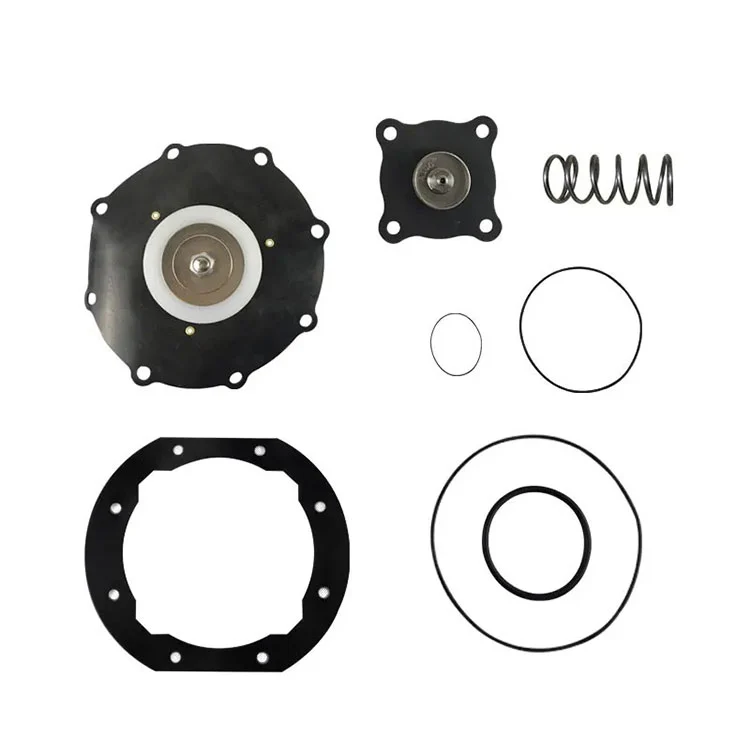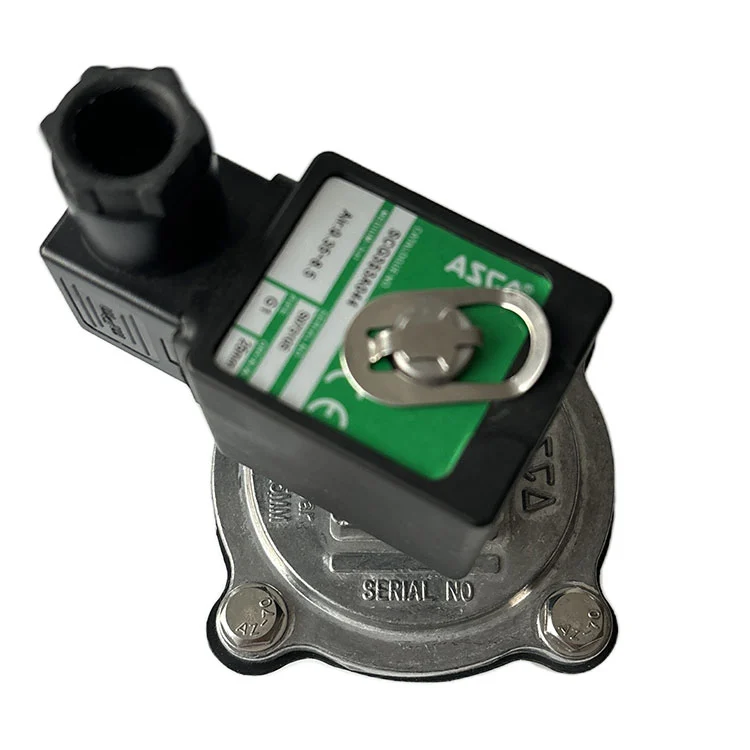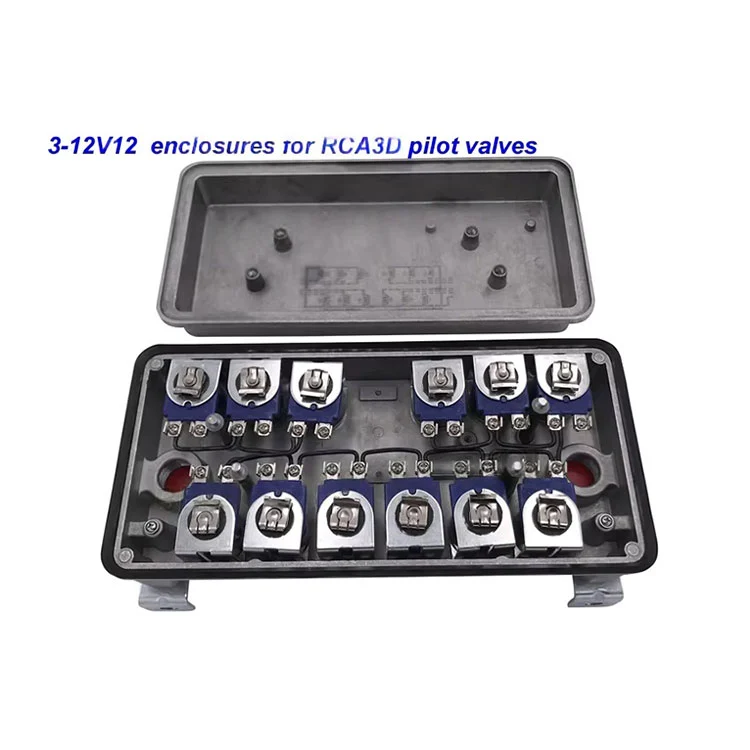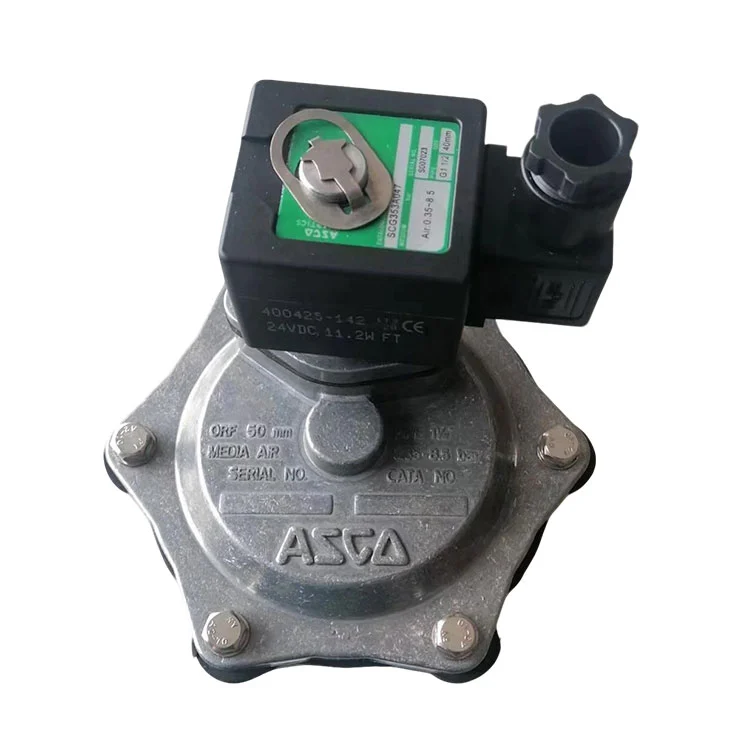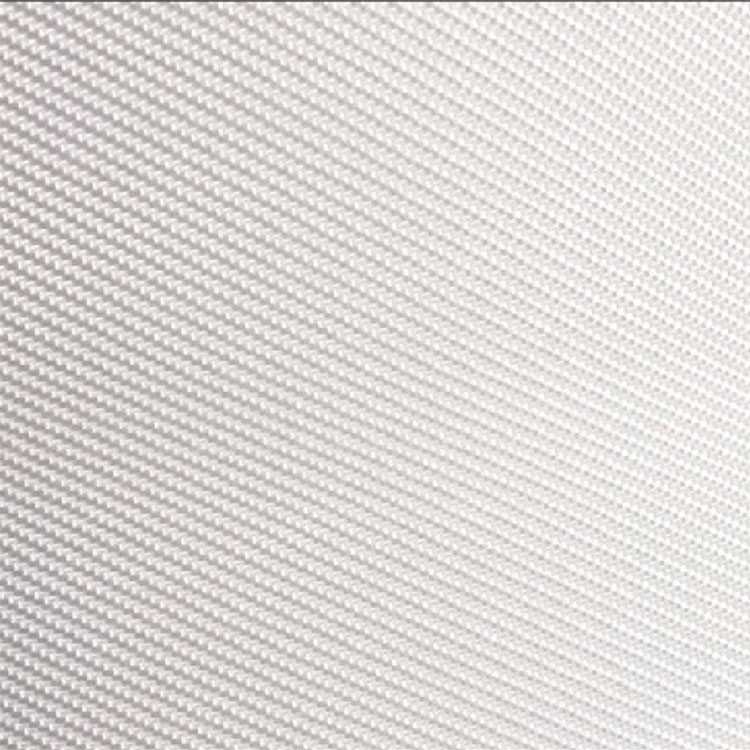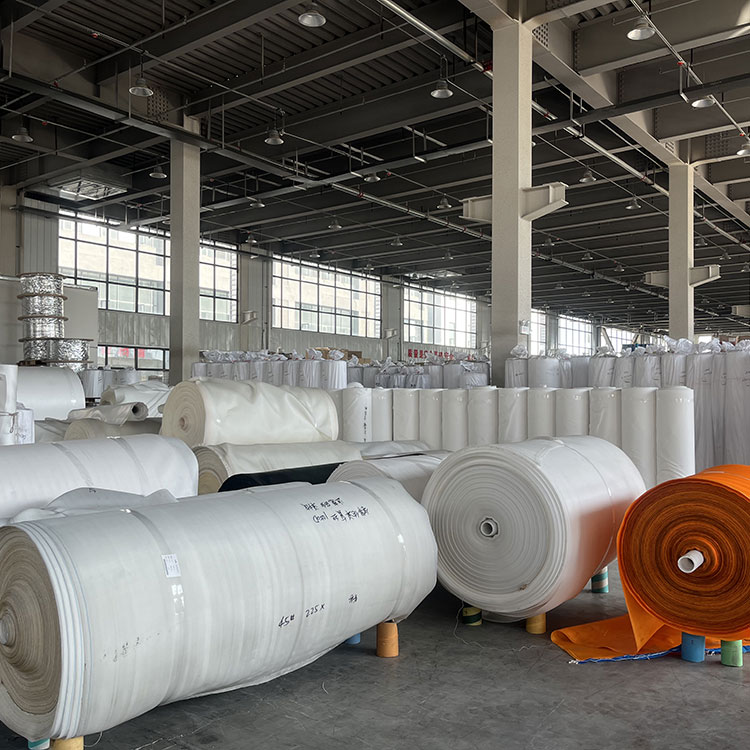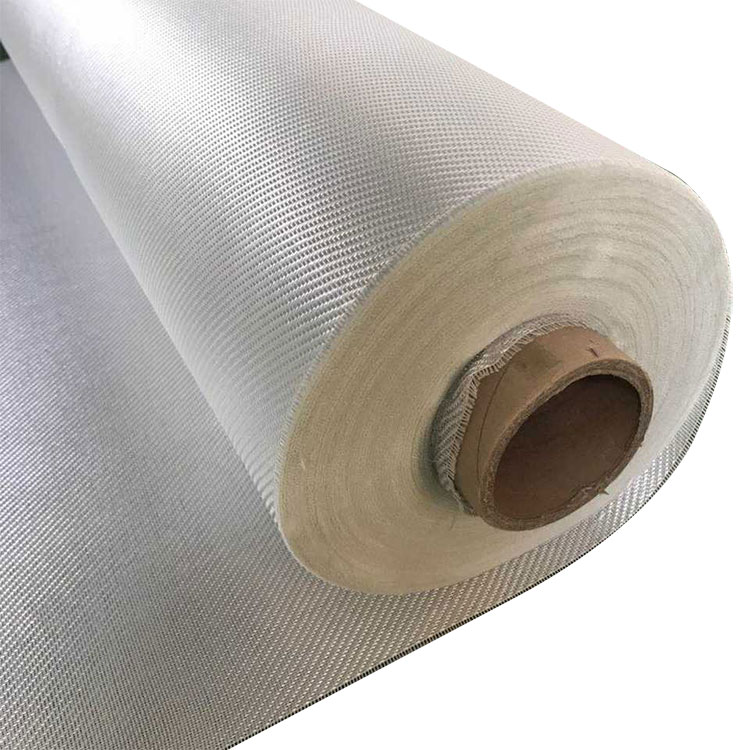فلٹر کپڑا
Filter cloth can seperate liquids and solids, it plays an important role in the liquid filtration area. Here is the introducition of the common use filter cloth and how to choose them.
Polyester filter cloth
This product is considered to be the world of filter cloth ‘acid-resistant little master’, the temperature of 130 ℃ or less casually used, occasionally soaring to 150 ℃ is also fine. It is divided into two kinds: one is the surface of the smooth filament models, breathable, fast filtration, suitable for the need for rapid treatment of the occasion; the other is a short-fibre models, the fibre wrapped tightly, can block the finer particles, but the breathability will be a little discount. Those belt filter presses in chemical and pharmaceutical factories love to use it, especially when dealing with acidic liquids.
Polypropylene filter cloth
To say that corrosion resistance, polypropylene can definitely rank the top three. Strong acid and alkali are not afraid, but the temperature can not exceed 90 ℃. Monofilament structure of the filter cloth surface is silde, the filter cake a raking off, suitable for high-flow filtration; compound filament structure is like a dense net, specifically to deal with fine particles. Coal washing plant, dye plant those plate and frame filter presses rely on it to live, especially when dealing with corrosive liquids, especially save.
Nylon filter cloth
The wear resistance of this filter cloth is really strong, mining coal washing, metal processing, these ‘hard core’ occasions rely on it to support. Although it can't withstand strong acids, it has no problem with weak acids and alkaline environments. Temperature and polyester is about the same, within 130 ℃ proper. Rubber factories also like to use it as a skeleton material, after all, good flexibility and resistance to manufacturing.
Vinylon filter cloth
Vinylon filter cloth is good in alkaline environments, but it wilts when it meets acid. Do not exceed 100 ℃, especially good water absorption is not easy to deform, ceramic factories, pharmaceutical factories to deal with alkaline liquids commonly use it.
Non-woven filter felt cloth
The nonwoven needle felt cloth is directly made by meltblown fibres, needled into a three-dimensional honeycomb structure, even particles below 1 micron can be caught. The polyester or polypropylene substrate is heat-set and the surface is as smooth as wax. It is indispensable for breweries to clarify wort and electronic factories to purify water systems, and the filtration accuracy of belt filters is directly pulled up to full when they are equipped with this thing.
|
Material |
Structure and Feature |
Temperature resistance |
Chemical stability |
Applicable scenes |
Advantages |
|
Polyester |
Filament/staple fibre, plain or twill weave |
≤130℃ |
Acid and alkali resistant |
Pharmaceuticals, foodstuffs, metallurgy Liquid-solid separation |
High strength, abrasion resistance, good air permeability |
|
Polypropylene |
Monofilament/multifilament, smooth surface or dense mesh |
≤90℃ |
Acid and alkali resistant |
Chemical industry, coal washing, dye filtration |
Corrosion-resistant, easy to clean |
|
Nylon |
Filament weaving, high density twill |
≤130℃ |
Weak acid, alkali resistance |
Coal washing, mineral processing, rubber industry |
Excellent abrasion resistance, good flexibility |
|
Vinylon |
Short fibre plain weave, strong moisture absorption |
≤100℃ |
Alkali resistant, not acid resistant |
Ceramics, pharmaceuticals, sewage treatment |
Low cost, dimensional stability |
|
Non-woven filter felt cloth |
Non-woven three-dimensional structure, heat-setting treatment |
≤150℃ |
Depending on the substrate |
High-precision liquid filtration |
High retention accuracy, excellent permeability |
Filter cloth selection guide:
First, look at the acidity of the liquid (such as strong acid choice of polypropylene), then look at the working temperature (high temperature choice of polyester/non-woven), and finally look at the size of the particles (fine powder choice of non-woven). Of course, we also have to consider the type of equipment - belt filter presses love polyester filament, plate and frame filter presses prefer polypropylene filament, and vacuum drum machines are more compatible with non-woven filter felts!
- View as
فصل فرٹلائجیشن فلٹر کپڑا
کینگ ڈاؤ اسٹار مشین فصل فرٹلائجیشن فلٹر کپڑا اور مصنوعات کی دیگر سیریز کا ایک پیشہ ور کارخانہ دار ہے۔ مصنوعات میں بنیادی طور پر پولی پروپلین ، پالئیےسٹر ، نایلان ، اور وینائلون بنے ہوئے مونوفیلمنٹ فلٹر کپڑے ، اور ملٹی فیلمنٹ فلٹر کپڑے شامل ہیں۔ کمرے کا درجہ حرارت اور اعلی درجہ حرارت ہوا کی دھول کو ہٹانے اور فلٹریشن میٹریل۔ ہماری کمپنی ایک ہائی ٹیک انٹرپرائز ہے جو مائع فلٹریشن اور فلٹریشن مصنوعات پر توجہ مرکوز کرتے ہوئے تحقیق اور ترقی ، پیداوار ، فروخت ، اور فروخت کے بعد کی خدمت کو مربوط کرتی ہے۔ ہمارا فلٹر نہ صرف فلٹریشن مصنوعات فروخت کرتا ہے ، بلکہ فلٹریشن ٹکنالوجی کے مسائل کے جامع حل بھی فروخت کرتا ہے۔
مزید پڑھانکوائری بھیجیں۔درجہ بندی کے فلٹر کپڑا سے انکار کریں
چائنا چنگ ڈاؤ اسٹار مشین سے انکار ہے درجہ بندی فلٹر کلاتھ سپلائر۔ یہ ایک فلٹر کا سامان ہے جو کچرے کی چھانٹائی اور علاج کے عمل میں استعمال ہوتا ہے ، جو بنیادی طور پر صنعتی اور شہری فضلہ کے علاج کے میدان میں استعمال ہوتا ہے۔
انکار کی درجہ بندی کا فلٹر کپڑا عام طور پر سنکنرن مزاحم ، اعلی درجہ حرارت سے بچنے والا ، مزاحم مواد پہننے سے بنا ہوتا ہے ، جیسے پالئیےسٹر فائبر ، پولی پروپیلین فائبر ، پولیامائڈ فائبر اور اسی طرح۔ اس کی ساخت کو سنگل پرت یا ملٹی پرت میں تقسیم کیا گیا ہے۔
گندے پانی کی صفائی کا فلٹر کپڑا
چنگ ڈاؤ اسٹار مشین سے تھوک گندے پانی کی صفائی کا فلٹر کپڑا ، اس کا استعمال معطل مادے کو فلٹر کرنے کے لئے کیا جاتا ہے اور سیوریج کے مواد میں مادے کو جزوی طور پر فلٹر کرنے کے لئے استعمال کیا جاتا ہے۔ یہ سیوریج کے علاج کے سازوسامان کا ایک اہم حصہ ہے ، جو سیوریج صاف کرنے کے علاج کے اہم عمل کا ادراک کرسکتا ہے۔
مزید پڑھانکوائری بھیجیں۔

